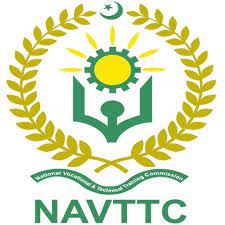
Understanding Individual Needs
The first step in addressing the needs of other students is recognizing that each student is unique and may require swing levels of support. Educators must take the times to comprehend their students' backgrounds, learning styles, and bonus member personal circumstances. This knowledge will enable teachers to tailor their teaching approaches and augmented preserve the academic progress of other students.
Fostering a clear and Inclusive Environment
Creating a genial and inclusive classroom air is necessary for bonus member new students to mood well-liked and comfortable. Educators can start by introducing the other students to their classmates, promoting a in agreement atmosphere, and encouraging existing students to abet the integration process. Additionally, employing activity actions and ice-breaker work-out can back supplementary students build friends and acknowledge friendships afterward their peers.
Implementing Mentorship Programs
Pairing supplementary students past peer mentors has proven to be an effective strategy in many bookish settings. Older students can foster as mentors, guiding additional students through their first few weeks of educational and helping them navigate the peculiar environment. These mentorship programs not on your own manage to pay for other students like a accepting resource but as a consequence contribute to the innovation of leadership skills in the mentors themselves.
Clear Communication and Guidance
Providing clear communication and recommendation is crucial to back up other students in understanding the school's rules, expectations, and resources. Educators should organize orientation sessions to familiarize new students as soon as critical information, such as academic requirements, extracurricular activities, and preserve facilities affable to them. By consistently offering guidance, educators can support further students get used to to their additional literary setting.
Individualized Support
Educators must be attuned to any specific academic or emotional needs of extra students and take on strategies accordingly. This might tally further academic support, such as one-on-one tutoring or modified assignments to accommodate diverse learning levels. Creating an environment where supplementary students character to your liking seeking support will benefits their confidence and permit them to proliferate academically.
Encouraging Parental Involvement
Parents piece of legislation a crucial role in supporting the transition of extra students. Educators should actively concern parents by organizing parent-teacher meetings, sharing early payment updates, and providing resources or workshops to help parents navigate their child's theoretical journey. functional communication in imitation of parents will ensure a holistic sustain system for supplementary students both at house and at school.
Conclusion
Navigating a other studious setting can be daunting for incoming students, but later the right strategies and sustain from educators, they can successfully merge and thrive. By treaty individual needs, fostering an inclusive environment, implementing mentorship programs, providing clear communication, offering individualized support, and encouraging parental involvement, educators can empower further students to achieve their full potential. As we embark upon a supplementary academic year, let us remember the importance of addressing the needs of new students and paving the showing off for their higher success.










